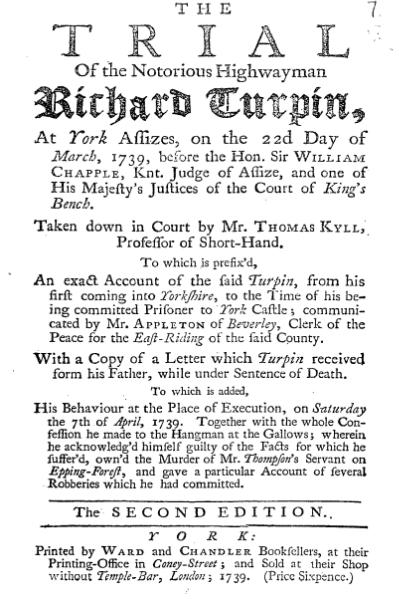York first in the UK to trial new fuel savings technique
 The ground-breaking scheme is being trialled on a range of vehicle types across its fleet, at no incremental cost to the council, which on average uses around 800,000 litres of diesel per annum.
The ground-breaking scheme is being trialled on a range of vehicle types across its fleet, at no incremental cost to the council, which on average uses around 800,000 litres of diesel per annum.
Unipart Rail has selected the council for its pilot scheme which it anticipates will be rolled out across the country with other commercial vehicle operators.
DiesoLiFT™ is a unique fuel additive which works by increasing the efficiency of the diesel’s combustion, safely cleans the engine and mitigates the issues borne from water contamination in the fuel. This combination of fuel improvements reduces the amount of fuel used and the level of vehicle emissions as well as helping to reduce the incidents of fuel blockages and vehicle failures.
For City of York Council this is expected to produce significant savings of up to six per cent of the diesel usage annually across its services as well as vehicle maintenance costs.
If successful, it will also ensure the authority can help to further reduce the amount of harmful emissions being emitted from its fleet.
Cllr Andrew Waller, Executive Member for the Environment, said: “We thank UniPart Rail for choosing York to trial this new product which we hope will not only save the council thousands of pounds, but will also help to reduce the amount of harmful emissions from our vehicles. It’s important that we can be seen to be leading the way and making this important step-change, particularly if other businesses are to follow suit.”
George Tillier, MD of Unipart Rail, commented: “We are very pleased to be working with such a forward thinking local authority such as City of York Council to trial one of our innovative products. DiesoLiFT™ and our Fuel Efficiency Management package of services will help the council to save money and reduce the amount of harmful emissions that their vehicles emit.Testing and trial results within other transport sectors that we are also working with have provided compelling evidence which we are confident City of York Council will also experience.”
What’s on: Roald Dahl Day at Acomb Explore library tomorrow (Saturday)
What’s on: Poppleton Railway Nursery heritage open day tomorrow (Saturday)
Dick Turpin’s graveside has community makeover for his birthday
In a show of community spirit that would have probably sent Dick Turpin turning in his York grave, the cemetery where he is laid to rest at St George’s Church, George Street, has been spruced up by a group of volunteers from local organisations and businesses.
 Monday 21 September will be 310 years since England’s most notorious highwayman – also known as John Palmer – was baptised in Hempstead, Essex. Over the past 18 months the graveyard where he now lies has been improved for both visitors and residents alike. The transformation is thanks to a collaboration between the Navigation and Walmgate Community Association, York Cares volunteers, Crombie Wilkinson Solicitors, tourist attraction York Dungeon and City of York Council.
Monday 21 September will be 310 years since England’s most notorious highwayman – also known as John Palmer – was baptised in Hempstead, Essex. Over the past 18 months the graveyard where he now lies has been improved for both visitors and residents alike. The transformation is thanks to a collaboration between the Navigation and Walmgate Community Association, York Cares volunteers, Crombie Wilkinson Solicitors, tourist attraction York Dungeon and City of York Council.
The cemetery – now a closed graveyard – is welcoming visitors with a new information board about the life of the butcher turned deer thief, poacher, burglar, horse thief, murderer and highwayman. A new gate and railings have been installed and volunteers have removed an untidy hedge to open up the view to the Turpin’s headstone and laid a new footpath to make a much more inviting and pleasant site. The improved view of the area is also helping community police keep a watchful eye on the area.
Cllr Andrew Waller, Executive Member for the Environment said: “Dick Turpin was a notorious national figure and I am not sure that he would have joined in a voluntary community project like this. However, this graveyard, a gem of historical interest, is now looking much improved. I’d like to thank everyone involved for their support and hope that this will encourage people to visit, and consider volunteering in their own area.”
Dick Turpin was hanged at the Knavesmire on 7 April, 1739 for horse theft following a colourful life of crime. He was often romanticised as a dashing, daring and dauntless character and was immortalised in a fictional novel called Rookwood written in 1834 which has him riding from London to York on a horse called Black Bess. His character has appeared in numerous plays and films and in 1846 Madame Tussaud’s added a wax sculpture of him to their collection.



